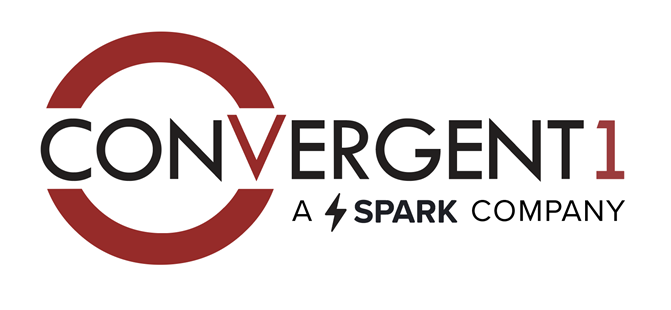Hacking remains a serious problem for website owners and also for web hosting providers in Houston and around the world. In fact, hackers attack over 10 million websites in an average year. Moreover, their targets range from small businesses to huge software companies, and even social media networks.
5 Common Methods
- Denial of service attacks simulates unexpected surges of website traffic. This overwhelms Web hosting servers and temporarily renders websites inaccessible to normal users. Downtime might be extended if this technique causes a site to exceed its monthly bandwidth quota.
- Shared hosting servers may be compromised more easily if any of the users have weak passwords, like “123456” or “password.” Hackers can access these accounts with little difficulty and deface the associated websites. This increases the likelihood they will successfully invade other accounts on the same server.
- A more complex strategy seemingly replaces a website’s content without actually hacking into its equipment or hosting account. Hackers sometimes target domain name servers in a way that causes them to send Internet users to malicious IP addresses when they try to visit reputable websites.
- Control panels and interactive Web scripts often contain one or more security vulnerabilities. Internet criminals regularly take advantage of flaws in plugins, content management systems, and blogging platforms. This allows them to disrupt normal services or distribute malicious code.
- Defects in computer database systems may facilitate injection attacks. Hackers accomplish this by changing variables and/or values in browser URLs to trigger unauthorized database commands. Such injections may give them the ability to view or modify sensitive data.
Getting Help with Your Website is the First Step
This is only a small selection of website hacking methods. Attackers can, however, use sophisticated software or simply trick administrators into revealing their control panel passcodes. Thankfully, webmasters can prevent many of these intrusions by regularly updating software. They can also use hard-to-guess passwords and remove unnecessary interactive features. So, if you suspect your website of hacking activities, connect with Convergent1 today at (713) 690-0707.










